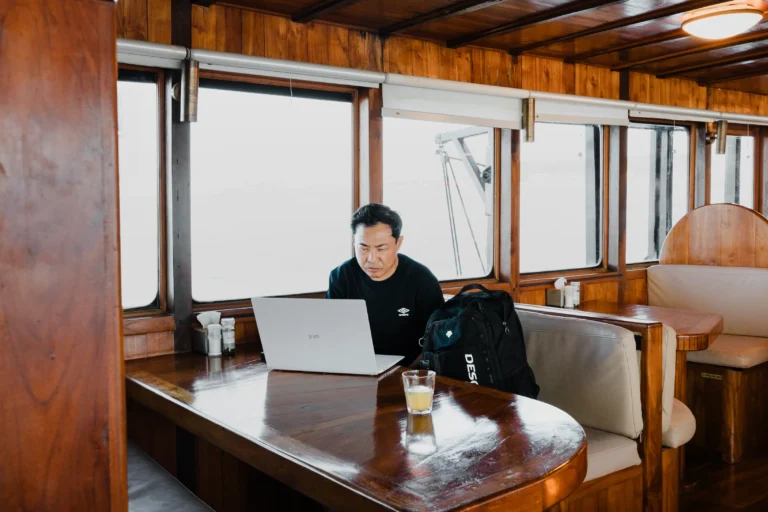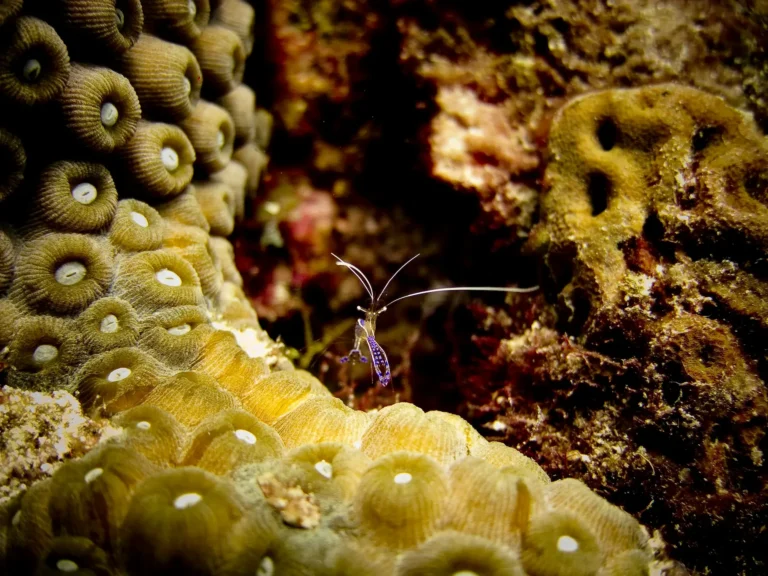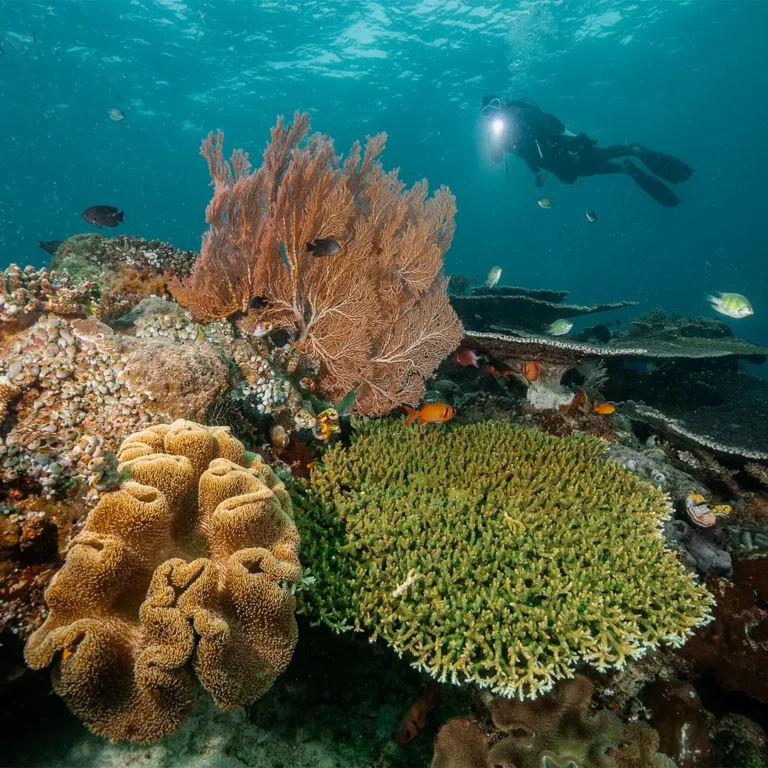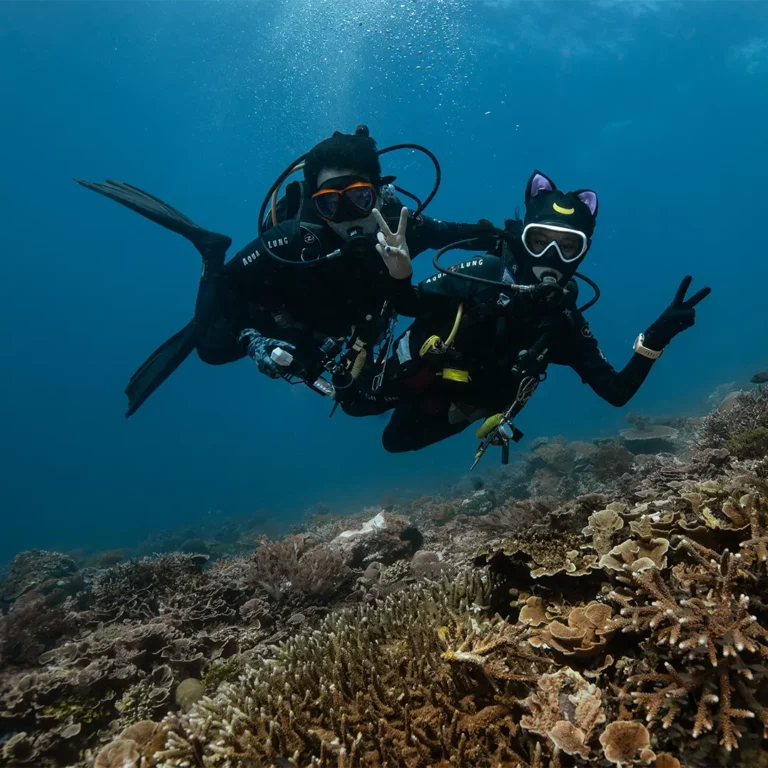As a diver, it is essential to take proper care of your diving equipment to avoid any problems or complications; your dive gear is the reason you can breathe underwater and see clearly underwater.
Before you buy new equipment, read about the nine things that could ruin your dive gear without you knowing it and what you can do to prevent these things from happening.
1. Sand
Sand is wonderful until it gets on, or even into, your dive equipment. Small sand particles can easily become lodged in tank valves, regulators, the LP inflator, and the dumps on your BCD. Avoid placing your dive gear on sandy surfaces if at all possible, and always rinse gear with fresh water after each dive.
To remove sand from difficult-to-reach crevices, use a soft-bristled toothbrush. These microscopic sand particles aren’t the only thing that can harm your diving equipment. Even if the sand is soft, never throw a tank into it. Not only could the sand get into critical components, you never know if there are hard rocks under the surface which could damage the tank.
2. Saltwater
Saltwater is one of the lesser-known threats to your gear. As you may be aware, saltwater can harm almost anything it comes into contact with, including your diving equipment. Saltwater can cause corrosion, wear and tear, and other types of damage to your regulator, wetsuit, or dive mask, all of which can be costly to repair.
That is why it is critical to take the necessary precautions to protect your equipment from the damaging effects of saltwater. This could imply rinsing your gear after each use, properly storing it between dives, or investing in saltwater-resistant gear designed specifically for these conditions.
3. The Sun
Even if you need to dry your dive gear quickly, never leave it in direct sunlight. Sun UV rays will degrade rubbers and fabrics. Materials can fade, become brittle, and even crack completely as a result of it. Always dry your dive gear in the shade or indoors in a ventilated area. This will extend the life of your dive gear and save you money on new dive equipment.
4. Chemicals
Many chemical-based products can permanently damage your diving equipment. Chlorine from swimming pools, for example, hastens the breakdown of materials and can fade the colour of your scuba equipment. Limiting your time in the pool and rinsing thoroughly with fresh water after each pool dive will help your dive gear last longer.
Petroleum jelly may appear to be harmless, but it can degrade and destroy silicone and the rubber on O-rings. It’s also a good idea to keep your diving gear away from alcohol-based products, gasoline, oil, and even some cleansers you might use to wash your gear. Before washing or soaking your dive gear in it, make sure to read all of the labels and ingredients. When it comes to exposing your equipment to chemical-based products, we recommend that you consult with an expert. If you’re not careful, these products can shorten the life of your diving equipment or even completely destroy it.
ALSO READ : What is Decompression Diving? Purpose, Plan, The Best Deco Dive Computer
5. Being Unaware
Diving is a high-energy and exciting sport. You don’t want to be so distracted that your equipment is jeopardised. Always keep track of your dive equipment and where it is kept. You should never leave your diving equipment unattended. Dive gear should not be left on busy roads or in the middle of a parking lot. To avoid damage, keep it close by and out of the way.
If you dive from a boat, you should always find appropriate ways to store and secure your gear. This is critical because diving equipment can shift and move during transportation. It will also keep other divers from tripping over your gear.
6. Storage
Scuba equipment requires special storage. For example, never store your equipment until it is completely dry. Otherwise, mildew and bacteria will grow and destroy your dive equipment. It is also critical to coil your regulator hoses to prevent them from kinking. And this also goes for when you are streamlining your octopus in your BCD to achieve maximum trim when heading out for a dive. Trust me, I’ve kinked my octopus hose too hard before and have had it blow on me at 20 metres under. This is definitely not fun! Avoid storing your fins against a wall or in areas where they will bend. Your fins will deform over time and lose their usefulness in the water. Instead, hang your fins up or evenly spread them out. It will last longer if you take the time to properly store your gear. Always keep your tank from rolling around or falling over. This will reduce internal and external equipment damage.
ALSO READ : Dive Log Books: Why do You Need a Dive Log
7. Buoyancy
A diver with poor buoyancy and poor ‘trim’ risks dragging their dive equipment over rocks, coral reefs, and sand, causing physical damage to the equipment as well as environmental damage. When diving, keep your gauges, octopus, and accessories close to your body. Take the PADI Peak Performance Buoyancy Specialty course if you’re having trouble with your buoyancy and want to learn how to master it.
8. Wetsuits In The Washing Machine
This may seem obvious, but NEVER wash a wetsuit in the washing machine. It is also critical not to dry a wetsuit in the dryer. Both of these have the potential to completely destroy your wetsuit. Always rinse your wetsuit with warm, clean water. If you must thoroughly clean it, use a gentle shampoo that is free of harsh chemicals.
When you’re finished washing your wetsuit, hang it up in the shade or somewhere ventilated. You should go check on your wetsuit every now and then to see if it’s drying properly. If one side is completely dry, turn it inside out to allow the other side to finish drying.
9. Disassembling Gear Without Proper Training
As a diver, you should take good care of your regulator. If you notice an internal problem with your regulator, take it to a certified technician for proper maintenance. Do not attempt to disassemble your regulator without proper training. This can harm the regulator and potentially put you in danger.








